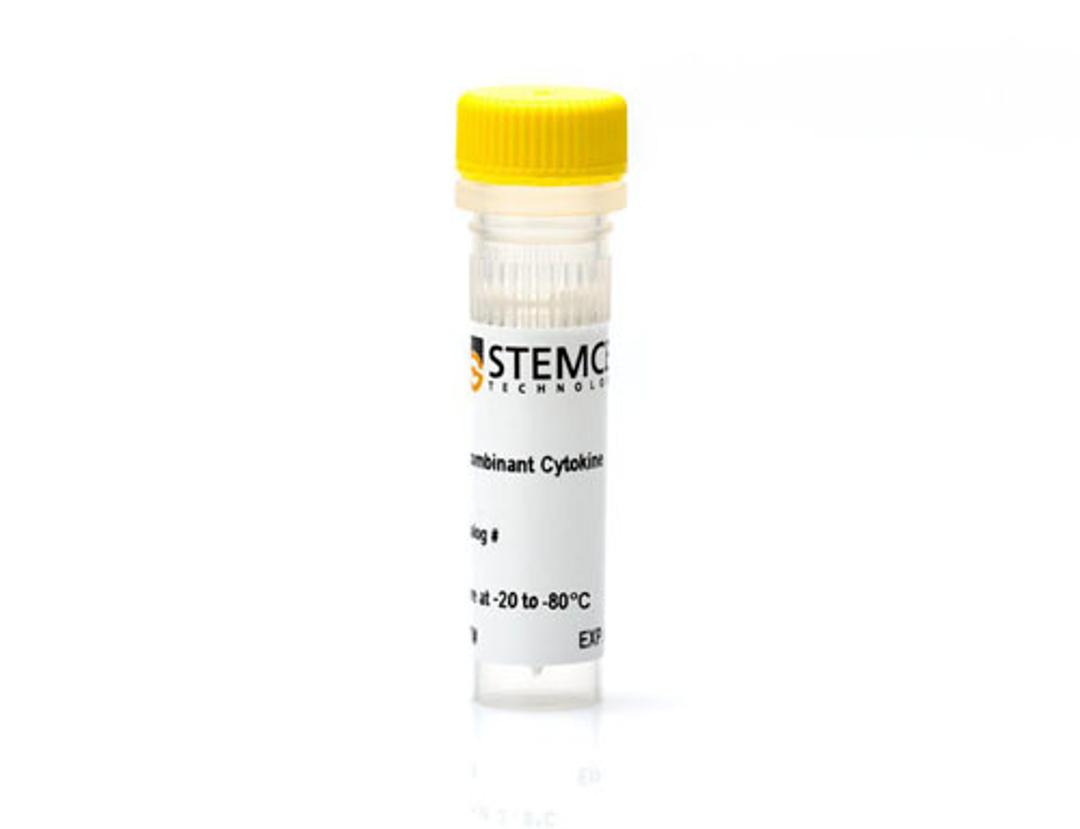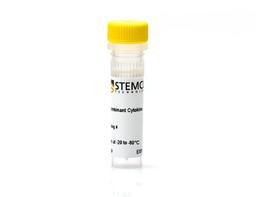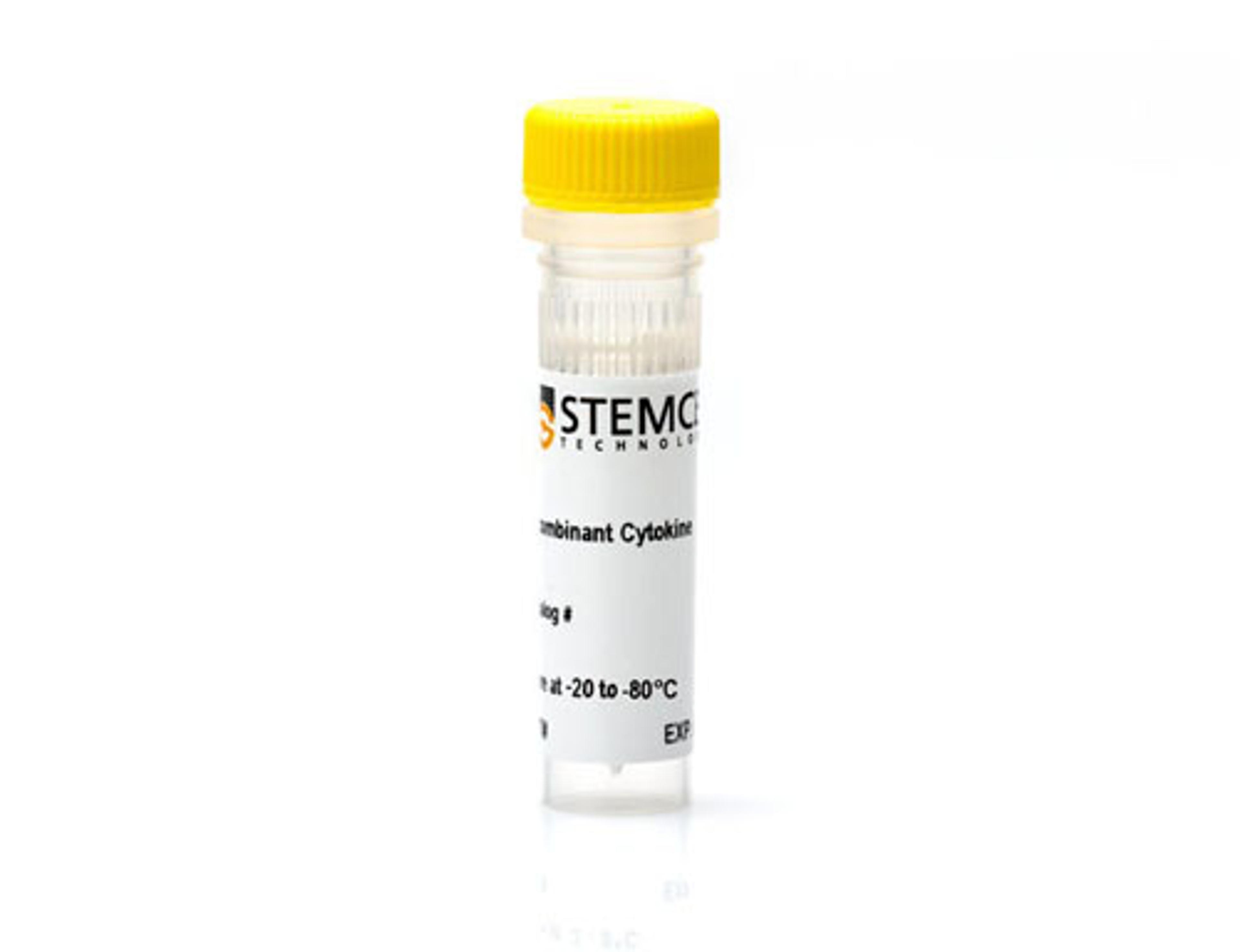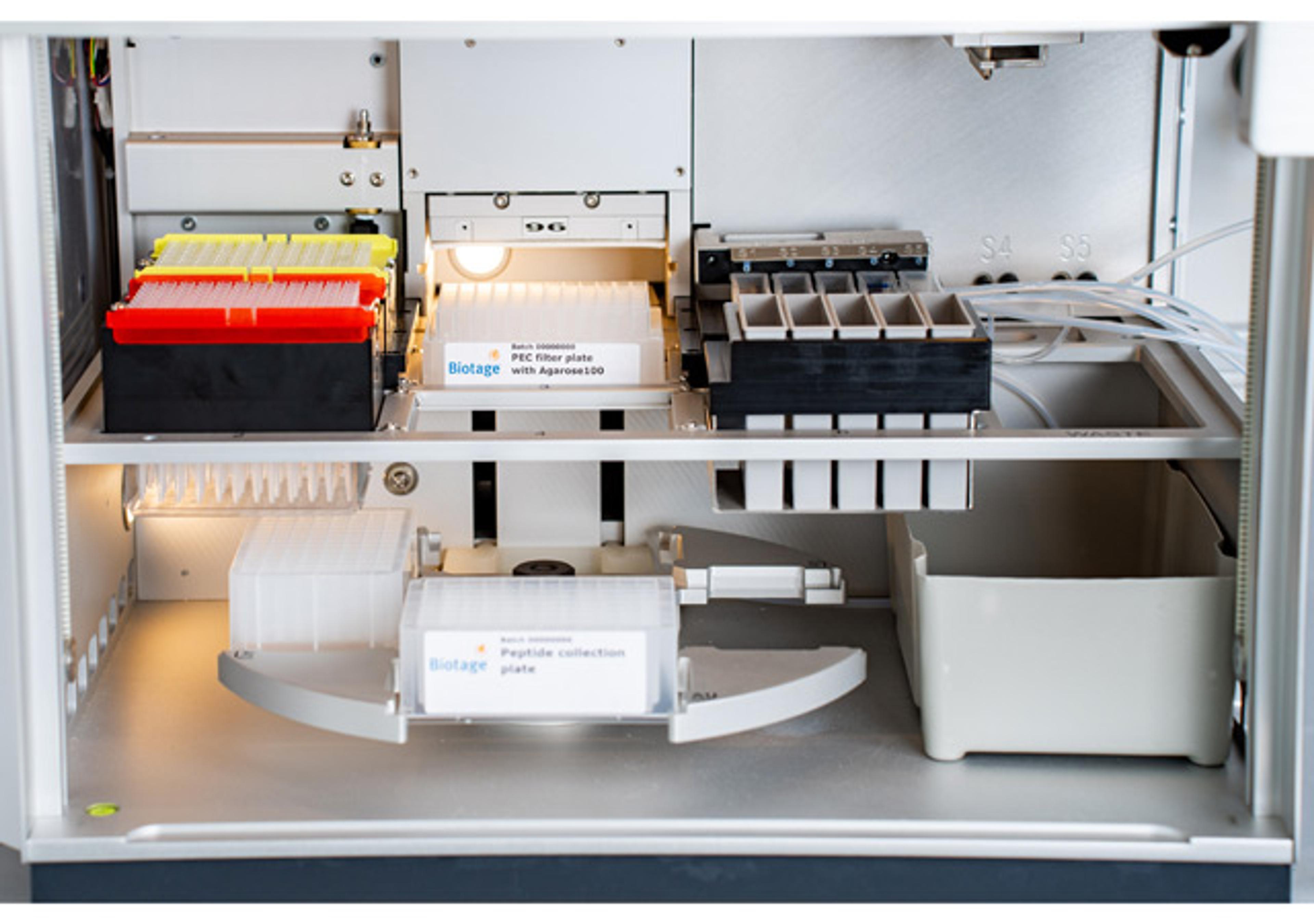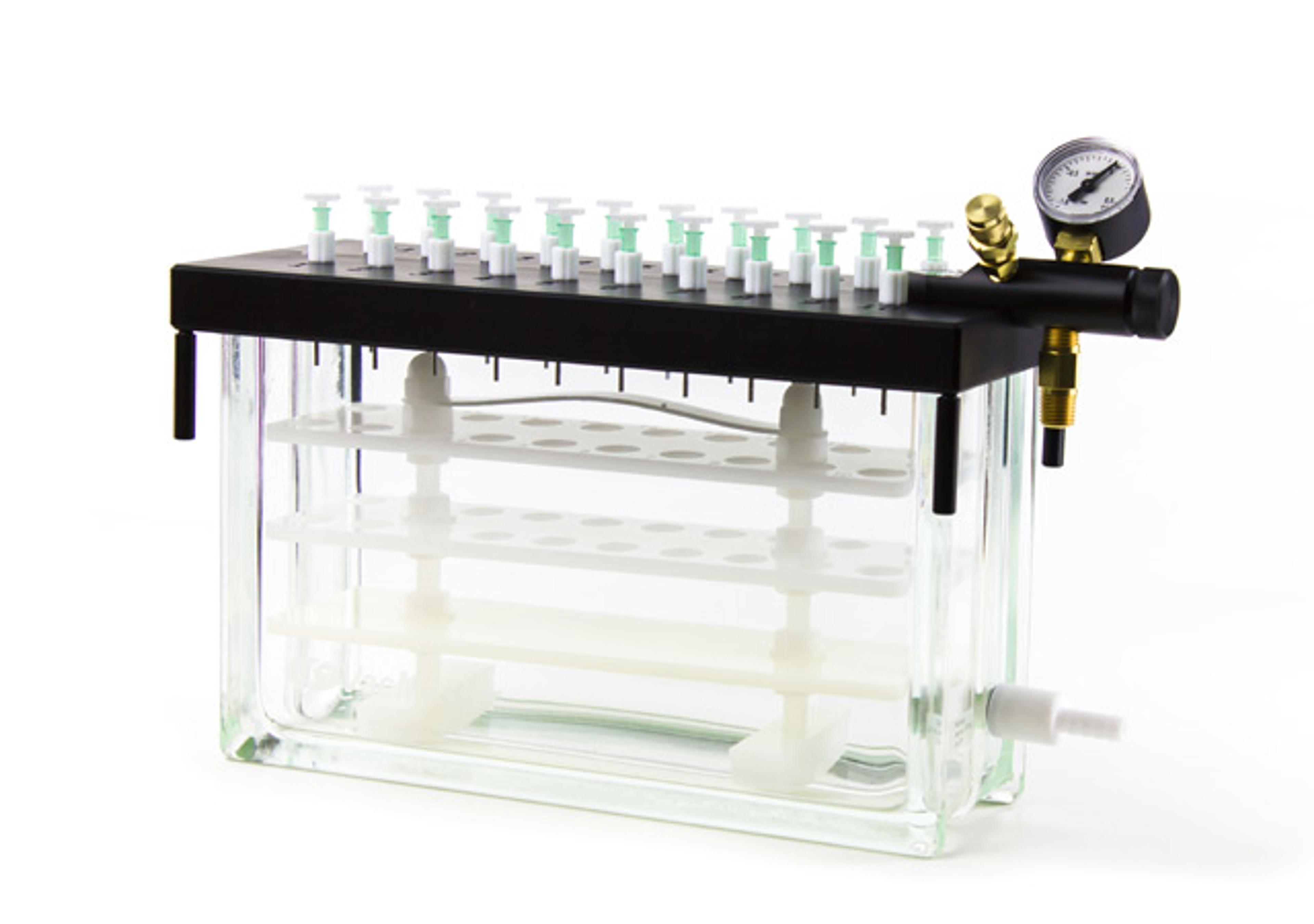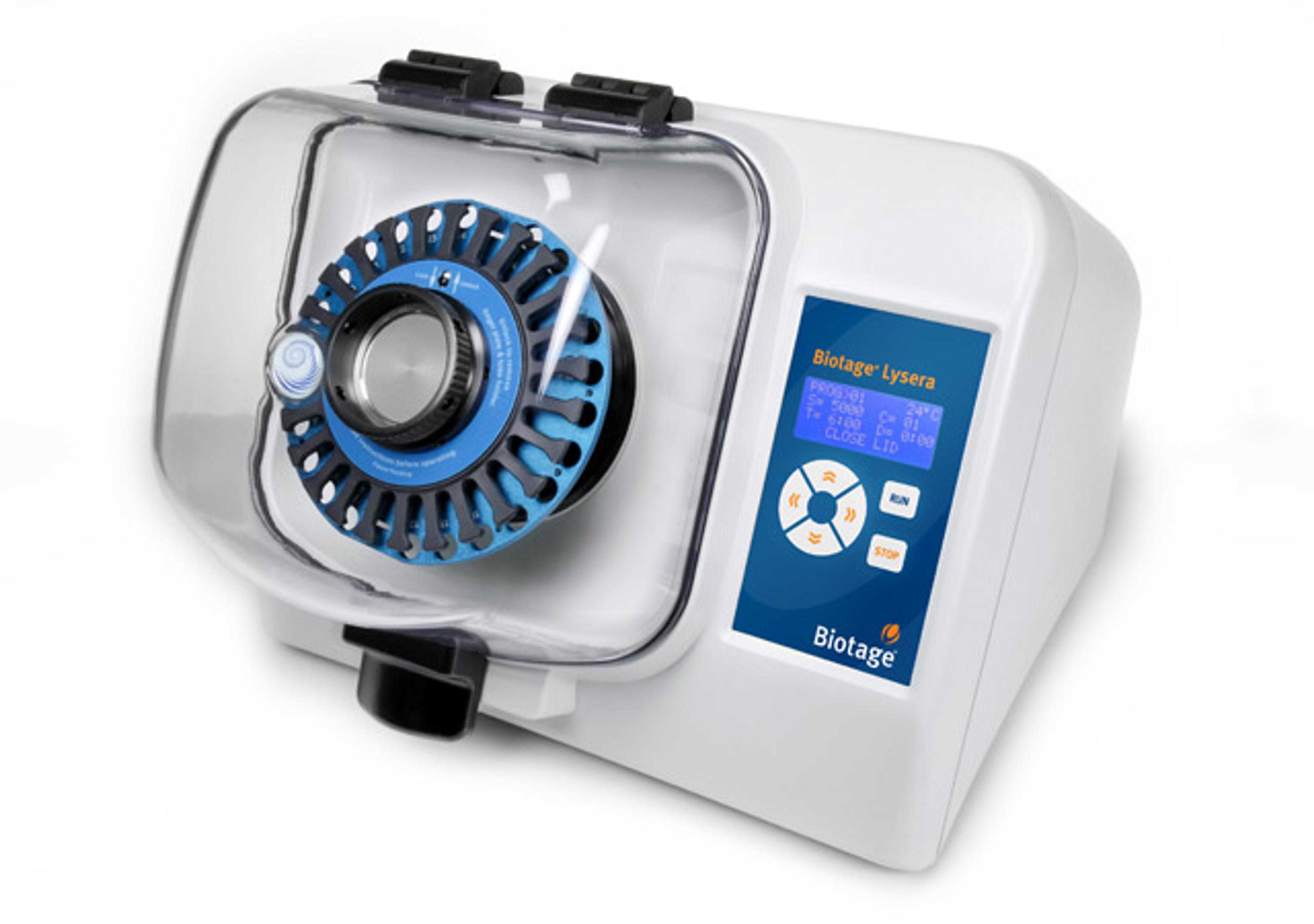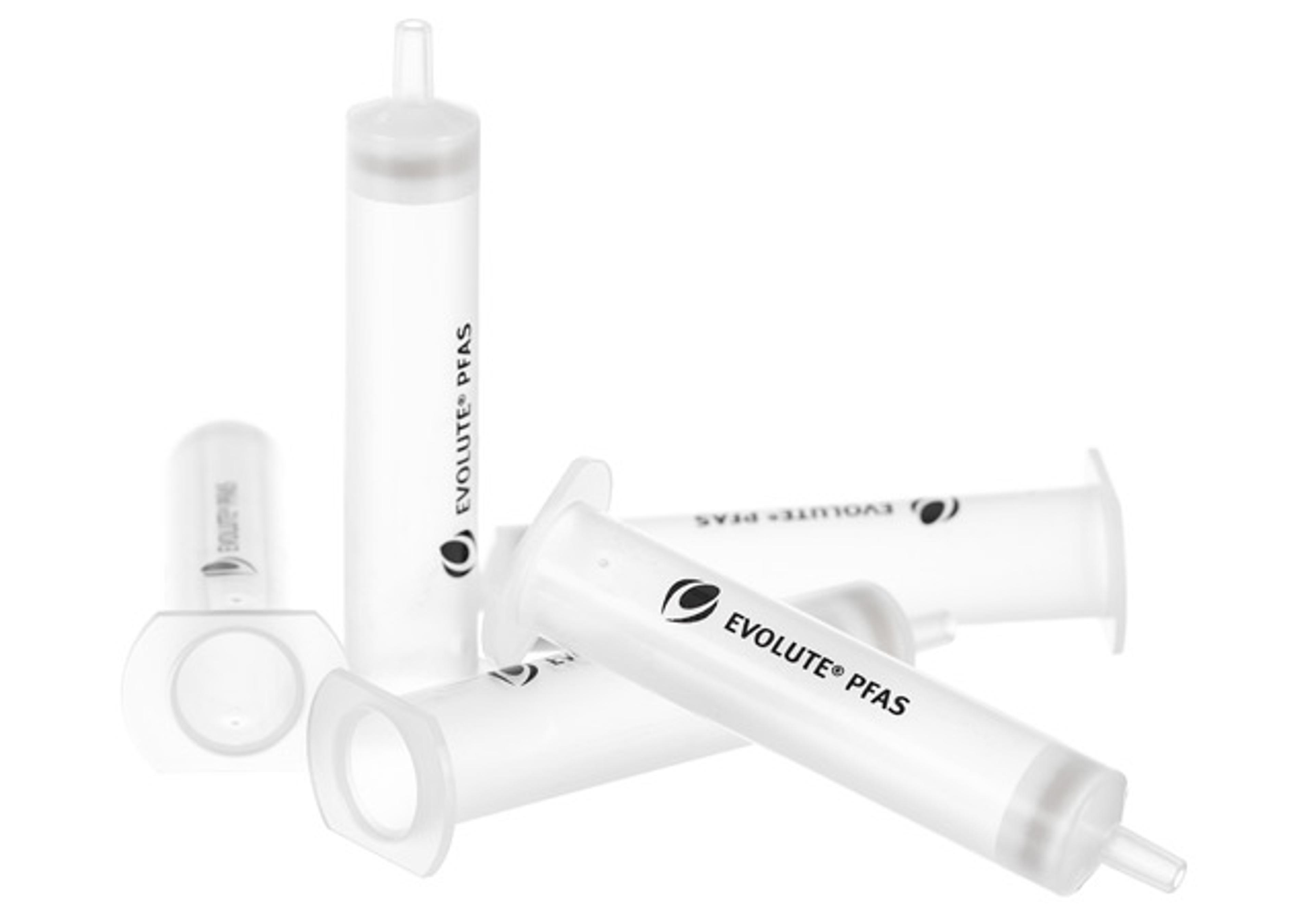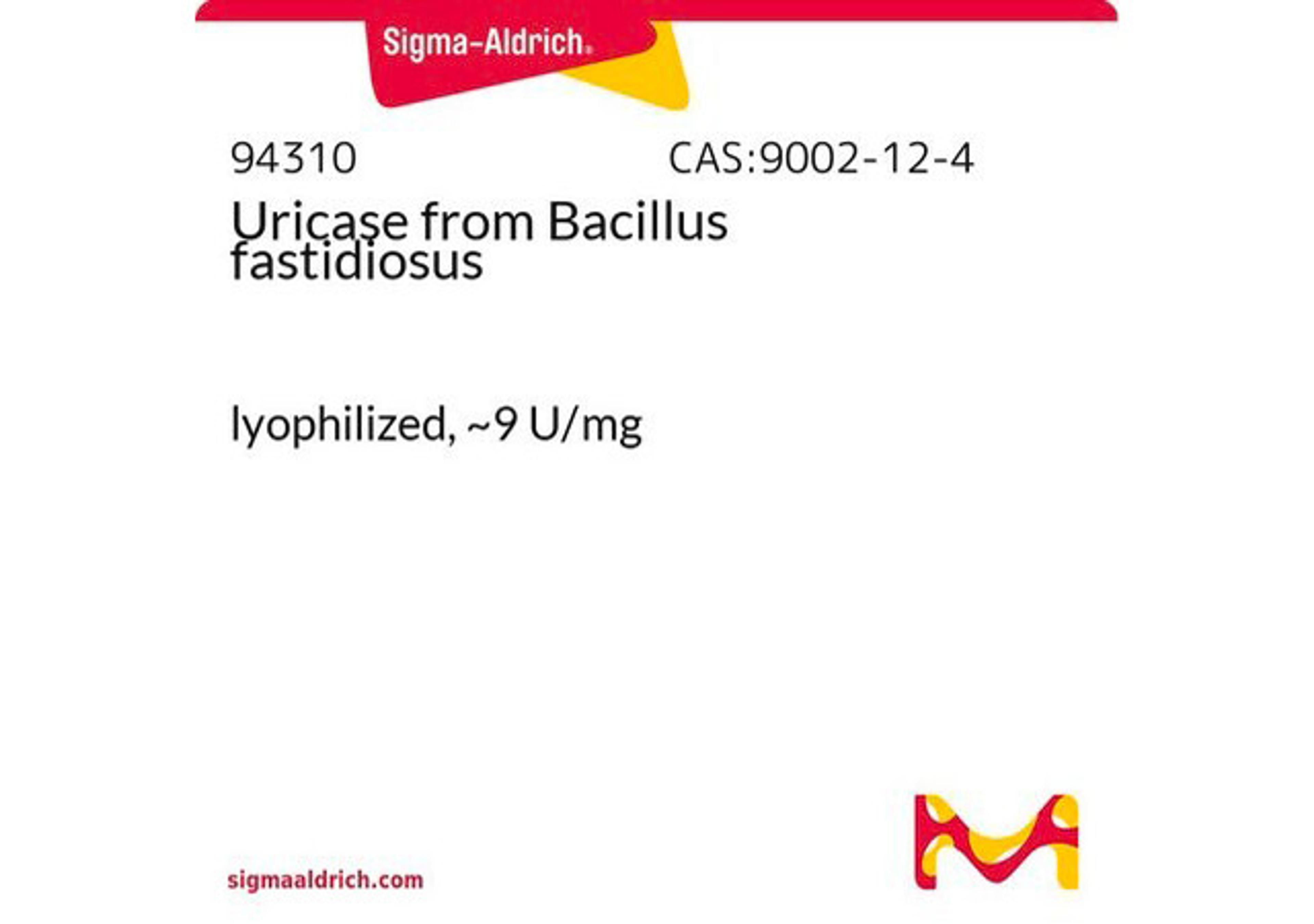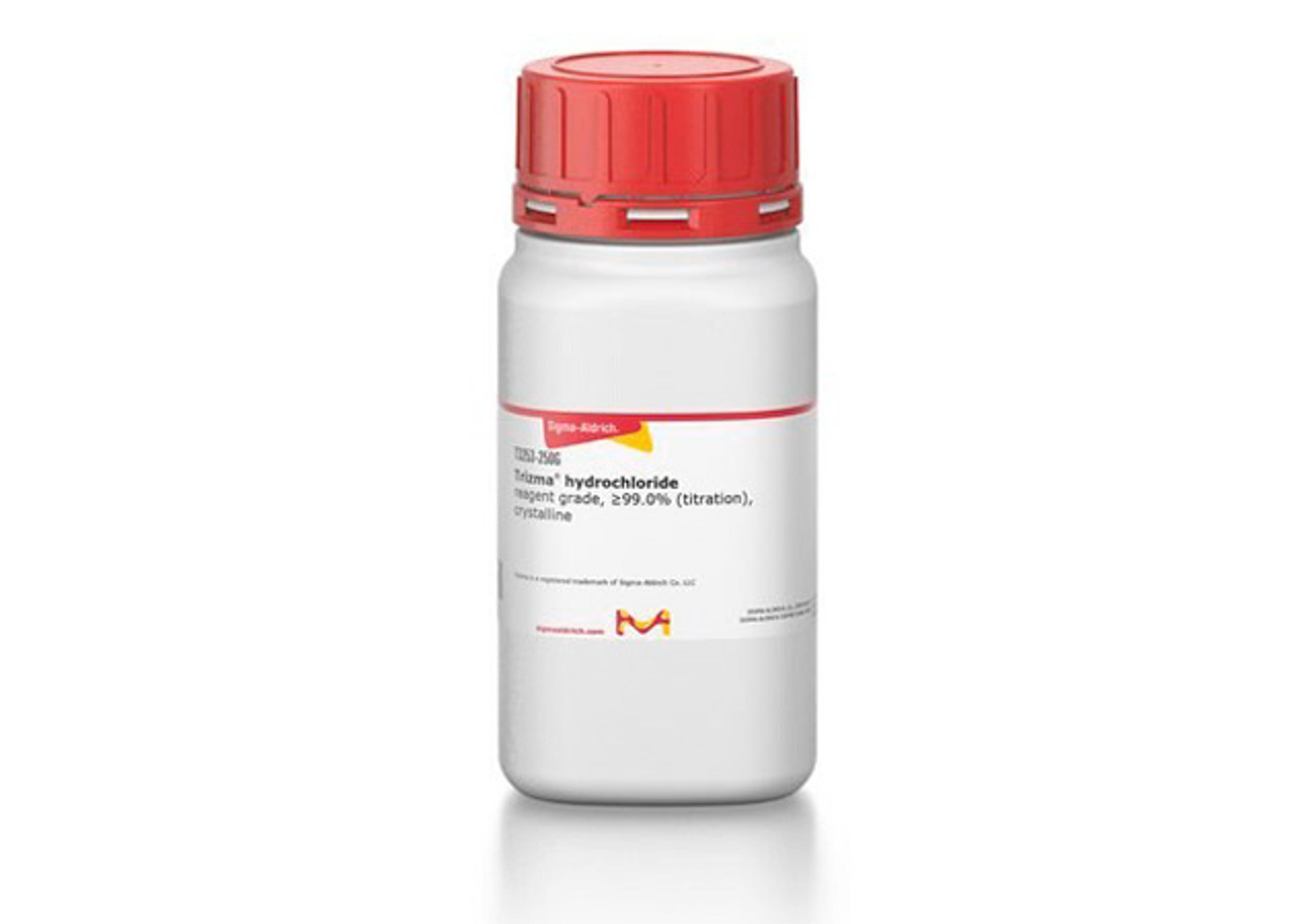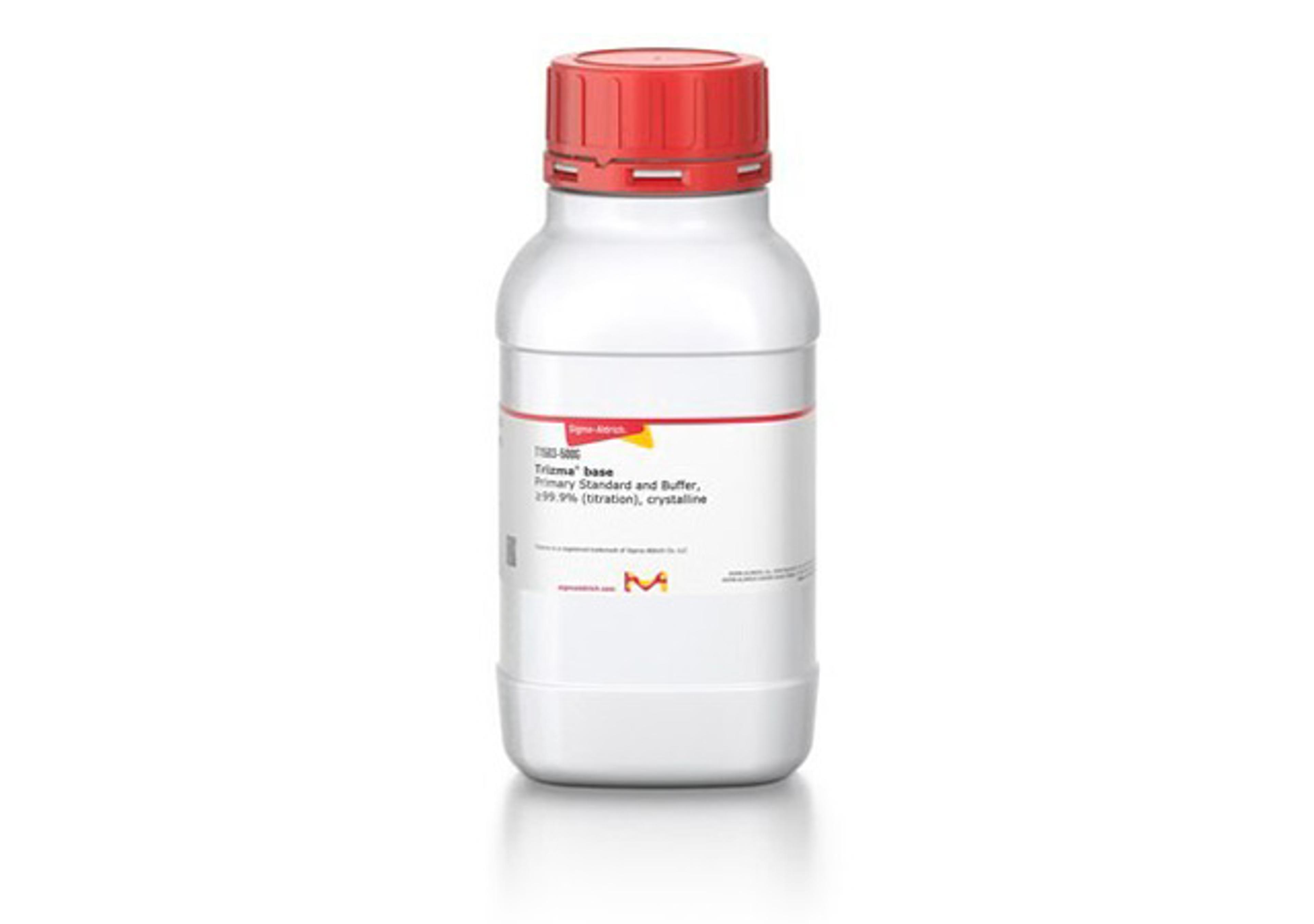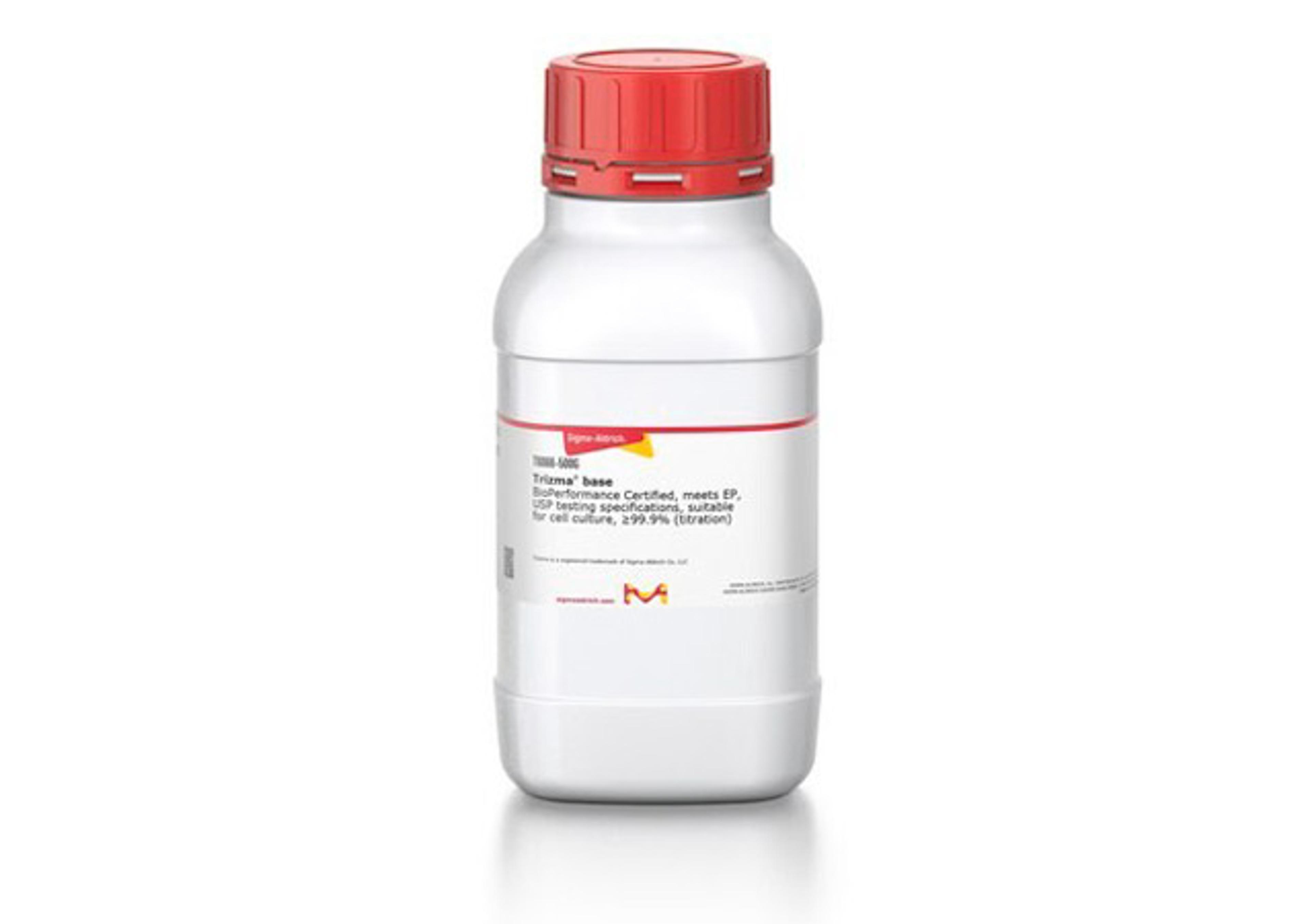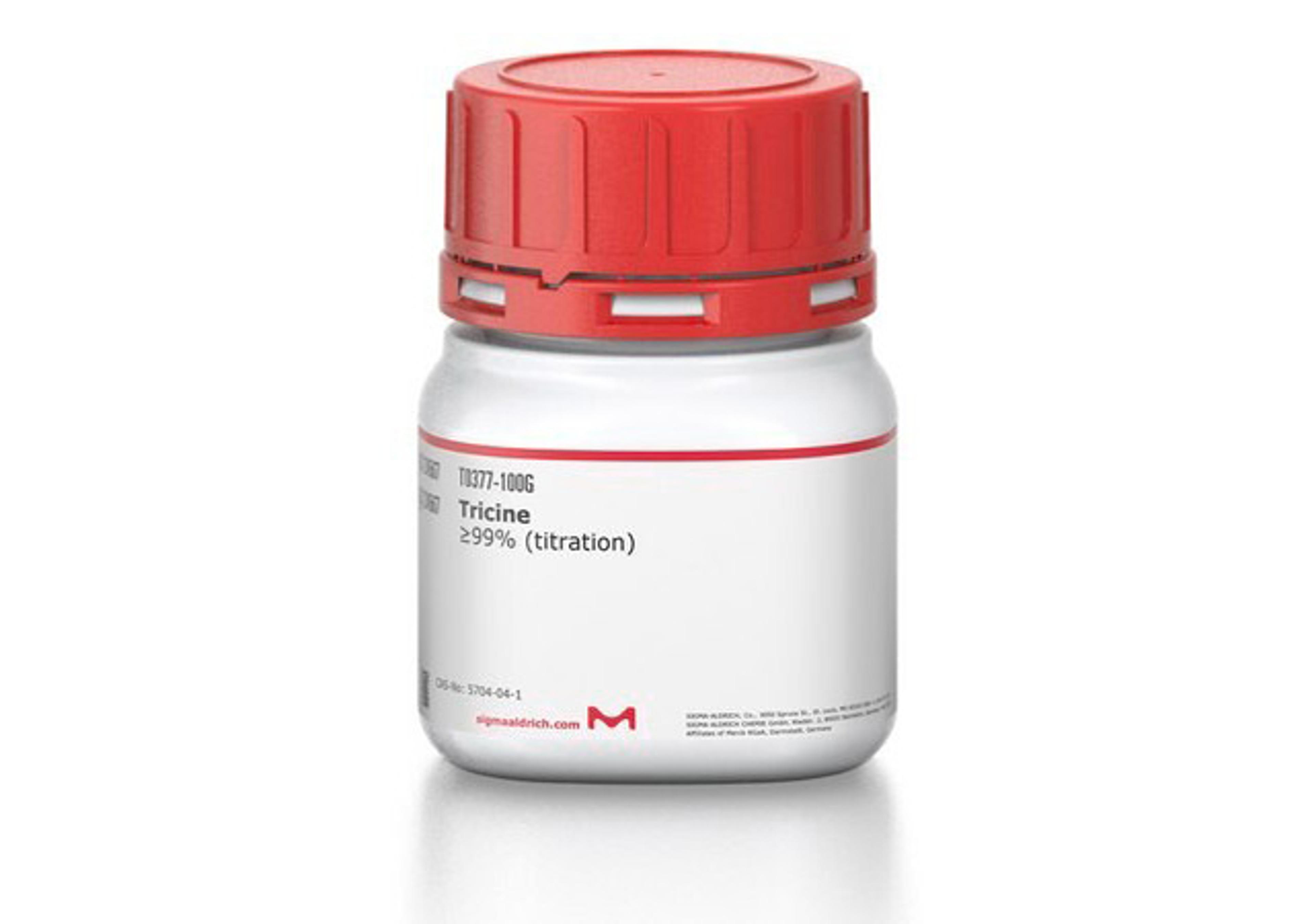Human Recombinant GM-CSF (E. coli-expressed)
Granulocyte-macrophage colony-stimulating factor

The supplier does not provide quotations for this product through SelectScience. You can search for similar products in our Product Directory.
Granulocyte-macrophage colony-stimulating factor (GM-CSF) promotes the proliferation and differentiation of hematopoietic progenitor cells and the generation of neutrophils, eosinophils, and macrophages. In synergy with other cytokines such as stem cell factor, IL-3, erythropoietin, and thrombopoietin, it also stimulates erythroid and megakaryocyte progenitor cells (Barreda et al.). GM-CSF is produced by multiple cell types, including stromal cells, Paneth cells, macrophages, dendritic cells (DCs), endothelial cells, smooth muscle cells, fibroblasts, chondrocytes, and Th1 and Th17 T cells (Francisco-Cruz et al.). The receptor for GM-CSF (GM-CSFR) is composed of two subunits: the cytokine-specific α subunit (GMRα; CD116) and the common subunit βc (CD131) shared with IL-3 and IL-5 receptors (Broughton et al.). GM-CSFR is expressed on hematopoietic cells, including progenitor cells and immune cells, as well as non-hematopoietic cells. Recombinant human GM-CSF (rhGM-CSF) promotes the production of myeloid cells of the granulocytic (neutrophils, eosinophils and basophils) and monocytic lineages in vivo. It has been tested for mobilization of hematopoietic progenitor cells and for treating chemotherapy-induced neutropenia in patients. GM-CSF is able to stimulate the development of DCs that ingest, process, and present antigens to the immune system (Francisco-Cruz et al.).

